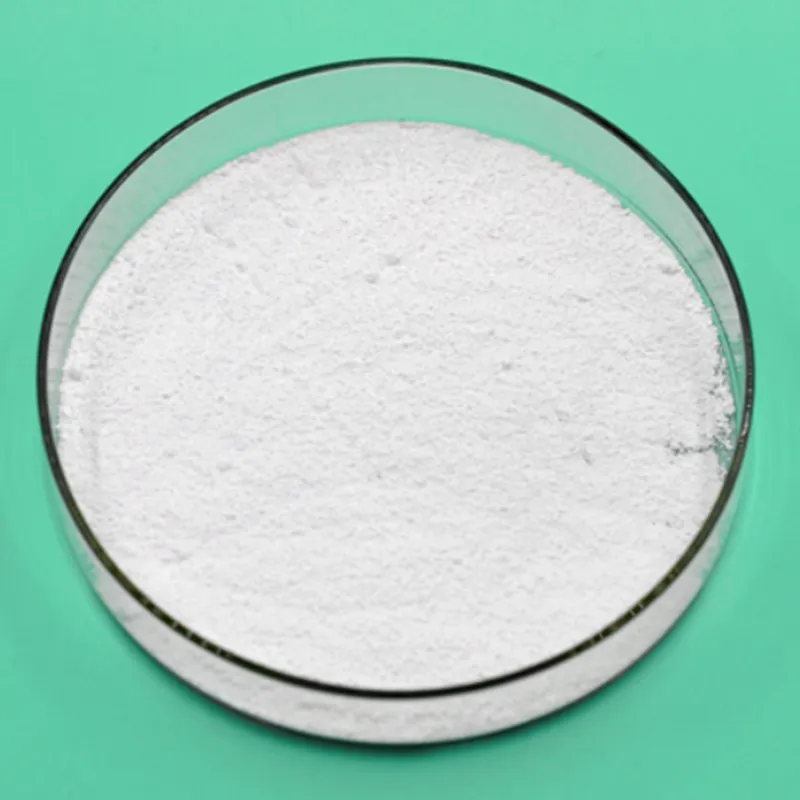
dangerous food additives
Dangerous Food Additives What You Need to Know
In our modern world, food additives are a common feature in processed foods. They enhance flavor, improve shelf life, and save on production costs. However, not all food additives are created equal; some pose potential health risks that consumers should be aware of. Understanding which additives are considered dangerous can empower you to make healthier choices in your diet.
Food additives are broadly classified into two categories those that are deemed safe and those that can be harmful. The U.S. Food and Drug Administration (FDA) and other regulatory bodies worldwide monitor food additives, but not every harmful substance is banned. Several widely utilized additives have raised concerns over their safety.
Dangerous Food Additives What You Need to Know
Another additive that has sparked controversy is monosodium glutamate (MSG). Commonly used in Asian cuisine and various processed foods, MSG is often labeled as a flavor enhancer. While the FDA has classified MSG as safe, some individuals report sensitivity to it, experiencing symptoms like headaches, nausea, and even chest pain after consumption. This phenomenon, often referred to as Chinese restaurant syndrome, raises questions about the long-term effects of MSG on the general population.
dangerous food additives

Trans fats are another group of food additives notorious for their impact on health. Often used to enhance flavor and texture in junk food, baked goods, and margarine, trans fats have been shown to increase bad cholesterol (LDL) levels while decreasing good cholesterol (HDL) levels, leading to a higher risk of heart disease. In recent years, many countries have taken action to ban or limit trans fats in food products, recognizing their detrimental health effects.
BHA (Butylated Hydroxyanisole) and BHT (Butylated Hydroxytoluene) are synthetic antioxidants used to preserve fats and oils in foods. These additives have been studied for their potential carcinogenic properties. Some research suggests that BHA may exhibit endocrine-disrupting effects, potentially leading to reproductive and developmental problems. Regulatory agencies deem them safe in small quantities, but consumers are encouraged to minimize their intake.
Sodium nitrite and sodium nitrate, commonly used in cured meats like bacon and hot dogs, have been linked to an increased risk of certain cancers, particularly colorectal cancer. These additives help maintain color and prevent bacterial growth, but during cooking, they can form nitrosamines, known carcinogens. The debate continues regarding the safety of these preservatives, prompting some consumers to seek out nitrate-free alternatives.
In addition to these specific additives, consumers should also be wary of artificial colorings. Certain dyes, such as Red 40 and Yellow 5, have been associated with hyperactivity in children and other behavioral issues. While not entirely banned, some of these additives have been eliminated in food products in Europe due to health concerns.
In conclusion, while food additives can offer benefits such as extended shelf life and enhanced flavors, being informed about those that may pose health risks is crucial. Reading labels, researching ingredients, and opting for whole, unprocessed foods when possible can help mitigate potential dangers associated with harmful additives. By making informed choices and advocating for clearer food labeling, consumers can take control of their health and well-being in a world filled with processed foods.
-
Buy High-Quality Trichloroisocyanuric Acid for Sale | TCCA 90% SupplierNewsAug.30,2025
-
Pure Sodium Dichloroisocyanurate Dihydrate | Powerful DisinfectantNewsAug.29,2025
-
Industrial Chemicals: Quality & Purity for Every IndustryNewsAug.28,2025
-
Nitrile Rubber Honoring Strict Production StandardsNewsAug.22,2025
-
Aspartame Ingredients Honoring Food Safety ValuesNewsAug.22,2025
-
Fertilizer for Balanced Plant NutritionNewsAug.22,2025
-
Cyanide Gold Processing with High Purity AdditivesNewsAug.22,2025
Hebei Tenger Chemical Technology Co., Ltd. focuses on the chemical industry and is committed to the export service of chemical raw materials.
-

view more DiethanolisopropanolamineIn the ever-growing field of chemical solutions, diethanolisopropanolamine (DEIPA) stands out as a versatile and important compound. Due to its unique chemical structure and properties, DEIPA is of interest to various industries including construction, personal care, and agriculture. -

view more TriisopropanolamineTriisopropanolamine (TIPA) alkanol amine substance, is a kind of alcohol amine compound with amino and alcohol hydroxyl, and because of its molecules contains both amino and hydroxyl. -

view more Tetramethyl Thiuram DisulfideTetramethyl thiuram disulfide, also known as TMTD, is a white to light-yellow powder with a distinct sulfur-like odor. It is soluble in organic solvents such as benzene, acetone, and ethyl acetate, making it highly versatile for use in different formulations. TMTD is known for its excellent vulcanization acceleration properties, which makes it a key ingredient in the production of rubber products. Additionally, it acts as an effective fungicide and bactericide, making it valuable in agricultural applications. Its high purity and stability ensure consistent performance, making it a preferred choice for manufacturers across various industries.





